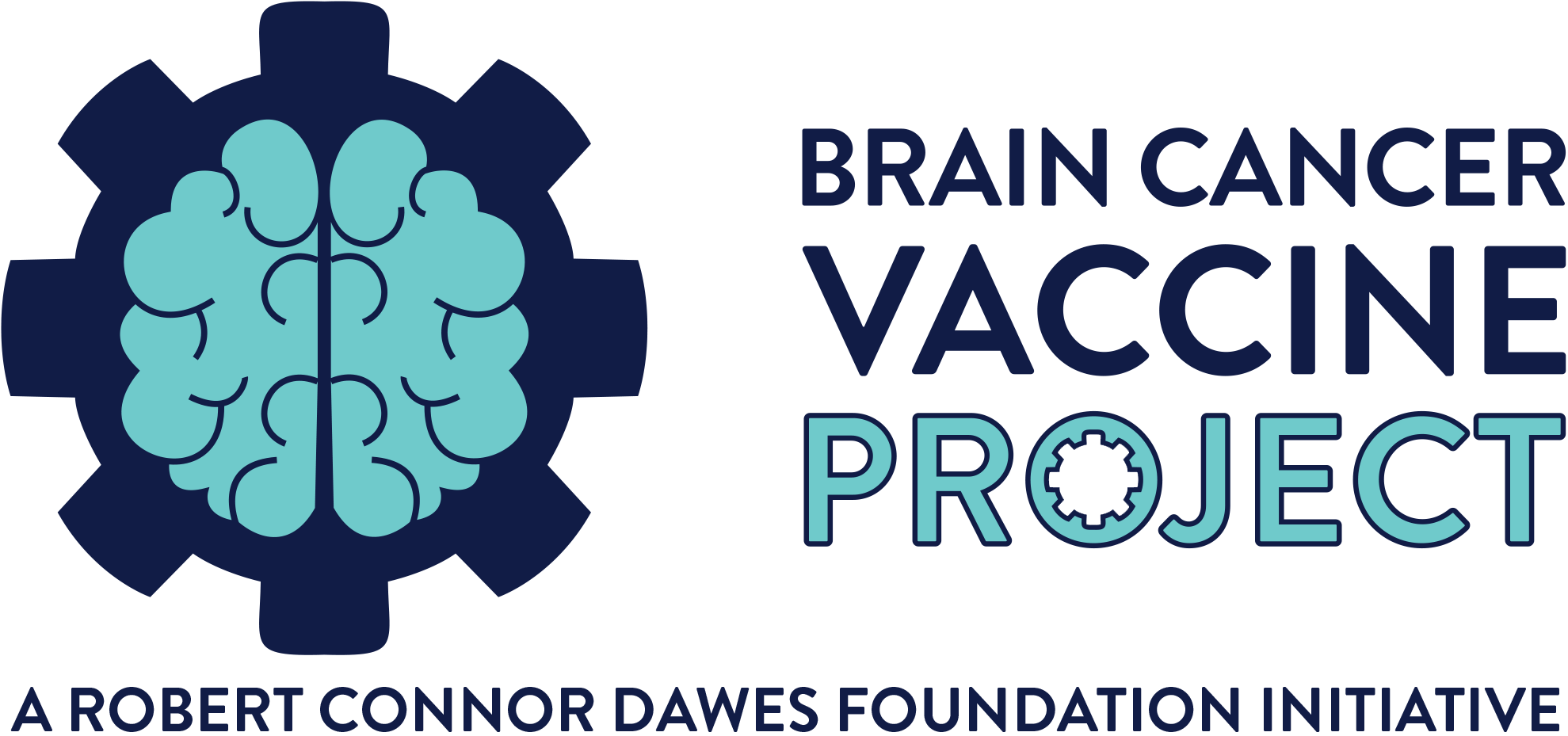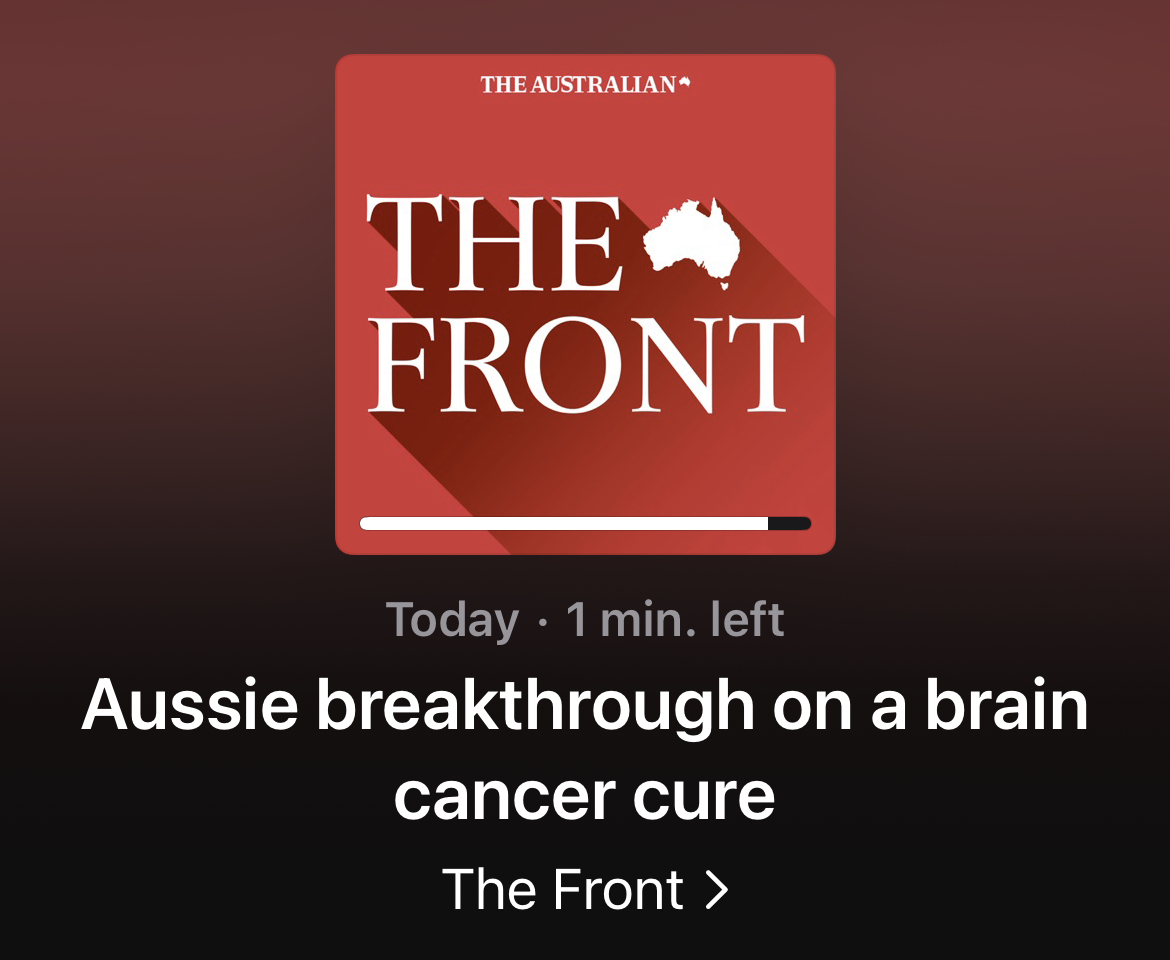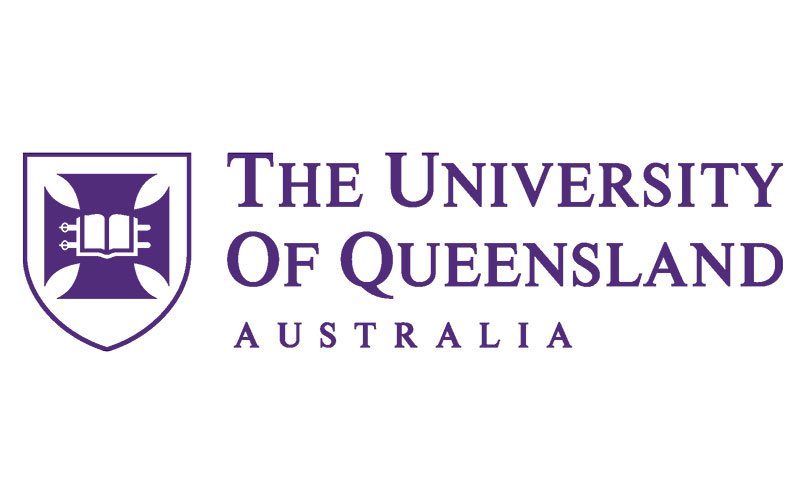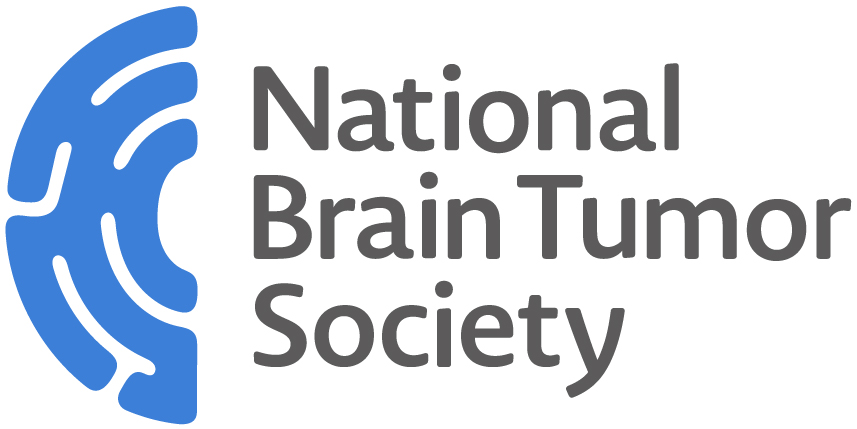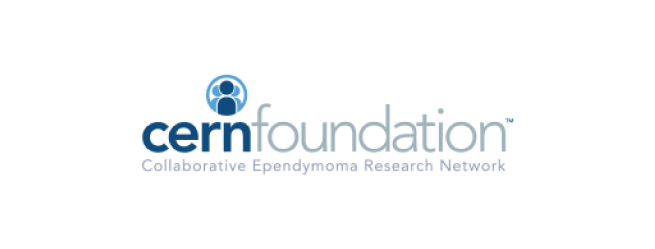mRNA Vaccine Gives Hope to Children with Brain Cancer
$2.4 million
over three years
The Robert Connor Dawes (RCD) Foundation has partnered with The University of Queensland and is committing $1.2 million to develop a brain cancer vaccine. With in-kind support from the University and a total project investment of approximately $2.4 million over a three year period, it is the first of its kind to apply technology to treat paediatric brain cancer.
Brain cancer remains the deadliest of all paediatric cancers. With over 100 different types of childhood brain cancers and minimal effective treatment options, often with significant long term side effects better therapies are urgently needed. One promising approach (known as immunotherapy), harnesses and amplifies the body’s natural response against the tumour which is often weak.
Paediatric brain tumours are good at hiding from the immune system, therefore they need to be exposed before an effective, full attack can occur. By directing the body to produce large amounts of specific tumour molecules, which, alone are not cancerous, we can ‘train’ the immune system to efficiently recognise the tumour. This effectively creates an army of targeted missiles against the brain tumour. One way of achieving this is through developing a mRNA cancer vaccine against brain tumours.
Every brain tumour type is different, and we are starting with ependymoma tumours. Ependymoma does not typically respond to any known chemotherapy, but a combination of surgery and radiation therapy can be effective in some patients. However, when those tumours reappear there is no effective therapy, and the prognosis for these relapsed tumours is typically very poor.
We have assembled leading experts in immunology and brain tumour biology to mentor the new project team which will be based at the University of Queensland, Australia.
The project will commence in January 2024 and we are excited to watch it progress.
“We’re proud to be leading the way in Australia, exploring a novel method of treating brain cancer that has shown some success for other cancer types”
– Liz Dawes OAM, Connor’s mum, RCD Foundation Founder & CEO
For 16 months, Connor’s brilliant mind, strong body and gentle soul faced off against an ependymoma brain tumour. Like many others, his brains and brawn gave it all to fight against the poor odds. But on April 20, 2013, Connor’s own battle ended.

“For more than 30 years we have been unable to significantly improve the survival of children with brain tumours and so it’s time to harness the power of the immune system via the use of mRNA vaccines. There is a lot of enthusiasm from my colleagues for exploring this approach and with the generous support from RCDF we have been able to assemble a world class multi-disciplinary team over a short period of time and we look forward to an exciting year ahead”
-Professor Brandon Wainwright AM, a Co-Director of the Children’s Brain Cancer Centre based at The University of Queensland’s Ian Frazer Institute.
In addition, this project will bring new talent into the brain cancer research community. A Project Leader will be recruited, along with some other key positions. This is only possible through your generous support and that of our Legacy Ambassadors. In particular, we are grateful to the Brown family for committing funds to the project.
“For 5.5 years, Georgia was in and out of hospital undergoing such harsh treatments that would never cure her, just buy her time. This potential progress in treatment will not help my daughter, but it is wonderful to know that it may save children and their families from going through what Georgia and our family had to endure. We do not want Georgia and other children’s deaths from brain cancer to just be a statistic while treatment options remain unchanged like it has for the last 20 years” says Rachelle Brown.
“Immunotherapy is a game-changer in treating cancer, offering unprecedented solutions for many adult cancers. Now, we’re on a mission to bring this breakthrough to children with brain cancer. The personal mRNA cancer vaccine project is particularly promising, leveraging mRNA technology proven effective in controlling the COVID-19 pandemic and personal immune profiling technology. This strategy aims to maximise the vaccine’s capacity to induce each child’s immunity against brain tumours”.
-Professor Di Yu, Director of the Ian Frazer Centre of Children’s Immunotherapy Research based at The University of Queensland’s Child Health Research Centre
We are pleased to acknowledge the Rosin family’s contribution through the Children’s Cancer Foundation, who are also contributing funds for another position.
Marcus Rosin was just four years old when he was diagnosed with an ependymoma. For three years his family believed he was in the clear, but in 2012 Marcus relapsed with the tumour spreading to his spine. Sadly in 2014, at nine years old, Marcus lost his fight.
“We are thrilled to be involved with the RCD Foundation, especially given both Connor and Marcus passed away from ependymoma. Our dream has always been to help fund a project specifically for ependymoma. It’s so important to us as we don’t want other families to go through the gut-wrenching pain of losing a child to brain cancer like we did. It’s also a dream of ours to have Marcus’ name involved, even though he is physically no longer with us, he will be part of such an amazing project which gives hope for all children going through this journey. A dream come true and if this is part of a cure one day, then we have done our job in honour of our angels.” – Marisa Rosin
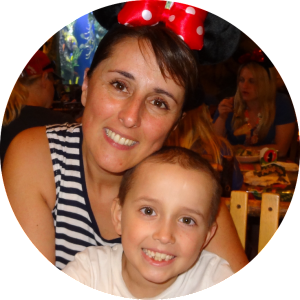
To continue to invest in critical research projects like the Brain Cancer Vaccine Project, we rely on generous donations.
